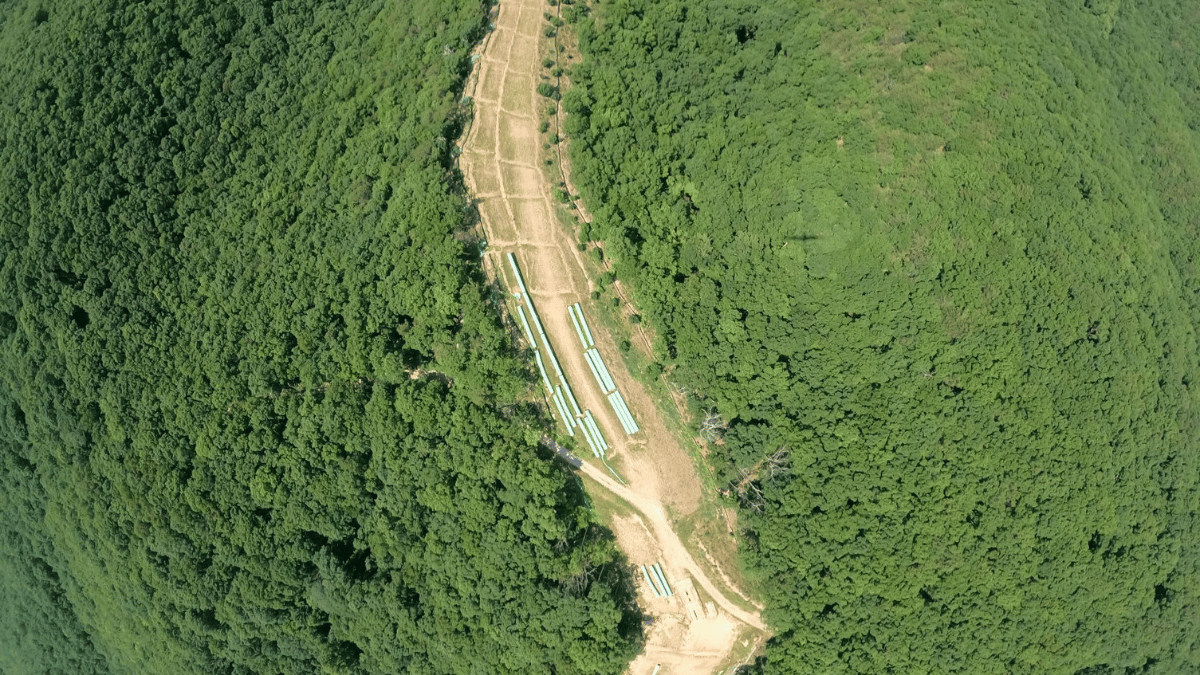The builders of the Mountain Valley Pipeline are seeking federal approval to begin operations within weeks.
MVP has sought approval from the Federal Energy Regulatory Commission to begin operations in late May.
The company wrote that the 303-mile project will be mechanically complete by May 22 and seeks FERC’s approval by May 23.
It says its customers with long-term contracts for natural gas from the pipeline become effective on June 1.
The $7.5 billion pipeline has been delayed and cost more than projected as environmental groups and landowners challenged the project in court.
The MVP is under a consent decree with the Pipeline and Hazardous Materials Safety Administration over a corrosion-resistant coating that may have degraded while large sections of pipe were exposed to weather during the delays.
That’s after groups challenged the safety of the exposed pipe. The company agreed to take corrective measures to eliminate any safety risk.
Various legal challenges to the pipeline’s construction ended last year when Congress passed, and President Joe Biden signed, a spending agreement that approved all remaining permits.
While some opponents continue to press forward, it appears they have few options remaining before the pipeline goes into service.
The MVP has a capacity of two billion cubic feet of gas a day. It will connect north-central West Virginia with southern Virginia and open up West Virginia gas production to new markets in the mid-Atlantic.
